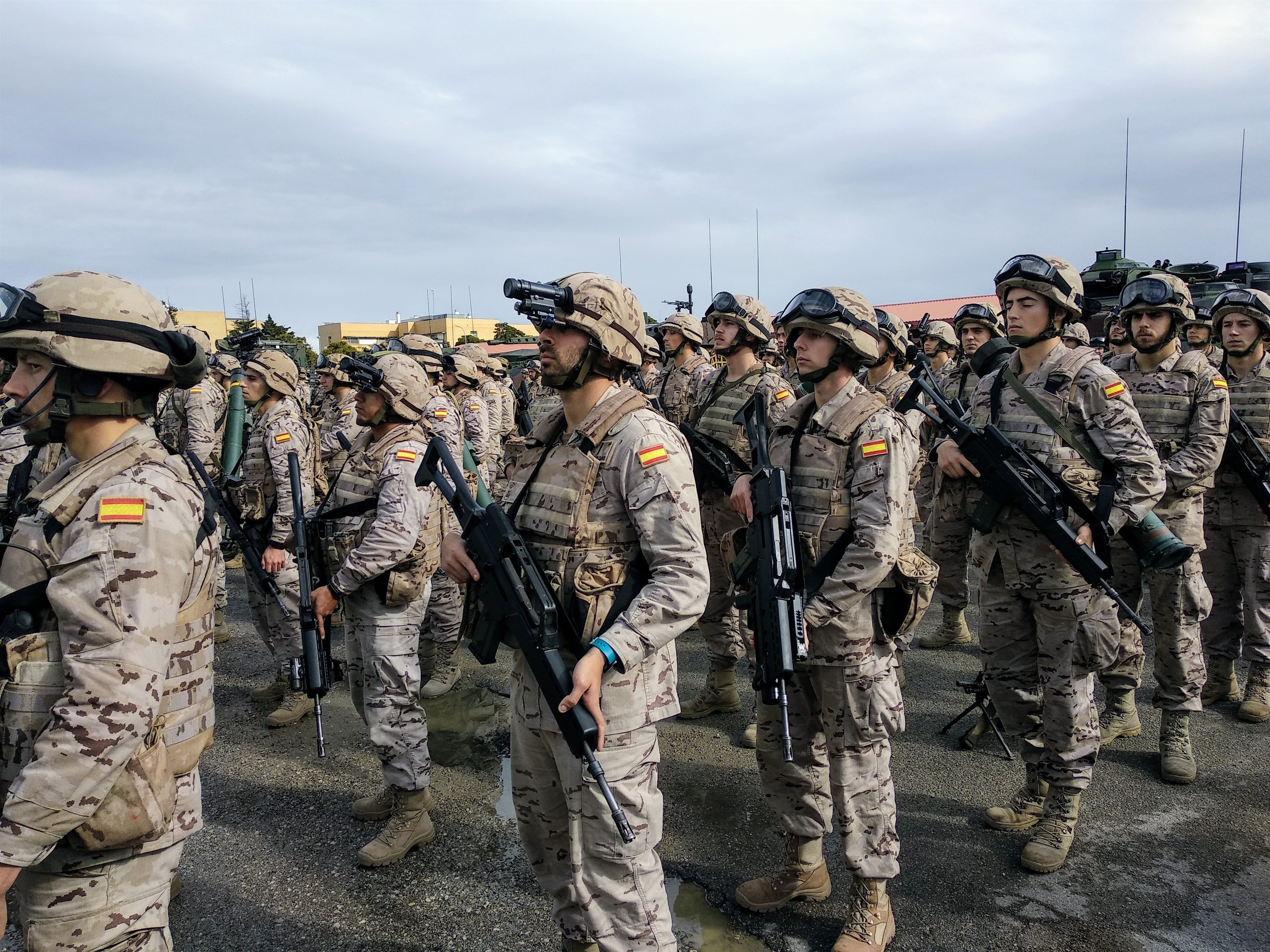Spain will not send be sending any of its combat vehicles to Ukraine because they are in an unusable state, in fact the minister of defence, Margarita Robles, has stated herself that their condition is "absolutely deplorable". The Spanish army was intending to send Leopard tanks, but these are completely defective and worn out, and could be more of a risk than an asset to Ukrainian troops. In a visit to the Spanish Army's medical aeronautical unit, Robles had the opportunity to see first-hand the heavy weaponry that was intended to be donated to the war effort with Russia and she determined: "They are in a condition that leave them unusable and we can't hand them over because they would present a risk to people." Sending the Leopards to Ukraine, in coordination with other countries, was a possibility that was on the table, although there had already been warnings that the tanks, bought secondhand from Germany in 1985, had been out of use for years, although the Spanish minister did not anticipate the extent of the problems.
In a visit by the minister to the Ukrainian embassy in Madrid set for tomorrow, the type of aid that Spain is really able to offer to Ukraine could be specified and that might include material to face a winter that, as Robles warned, will be very hard and difficult. Germany, for its part, also decided to prepare a shipment of 20 Leopard 2 combat tanks to Ukraine, as the parliamentarian and ex-colonel Roderich Kiesewetter revealed on his Twitter account. After blocking the supply of Spanish Leopard tanks last month, Germany considered sending 20 Leopard 2 battle tanks of its own to Ukraine. The CDU parliamentarian Kiesewetter criticised the "slow reaction" of his country's government and compared this offer, very limited and late, with the “almost 300 T-72s” that Poland sent to Ukraine in just two months.
Meanwhile, the Spanish defence minister also spoke out during this visit about the new draft bill on official secrets. She expressed her confidence that this new legislation would help bring to light information on the GAL squads of the 1980s. These were parapolice squads that practiced state terrorism and murdered members of the Basque terror group ETA during the Spanish government of the Socialist Felipe González. Robles argued that the draft text presented yesterday would serves to bring to light documents dealing with these groups that led the dirty war against political dissidence and terrorism: "I hope that matters which I monotored and worked on at the time, like the issue of the GALs, can be declassified so that all of society can find out about it".
Pedro Sánchez's government is about to introduce a new law on classified information, which, as several opposition groups have denounced, imposes a maximum time limit on declassifying official documents, but for the highest category of secrecy, this limit will be set at 50 years after the events took place, with an extension of another 10 years also possible. Thus, for practical purposes, the issue of the GAL would not be fully revealed until about the year 2035, perhaps even until the 2040s. However, Robles insisted that this is an "absolutely necessary" law, since the one that it supercedes dates from 1968, "from Francoism" and that the reform was a demand "of both NATO and the EU".

